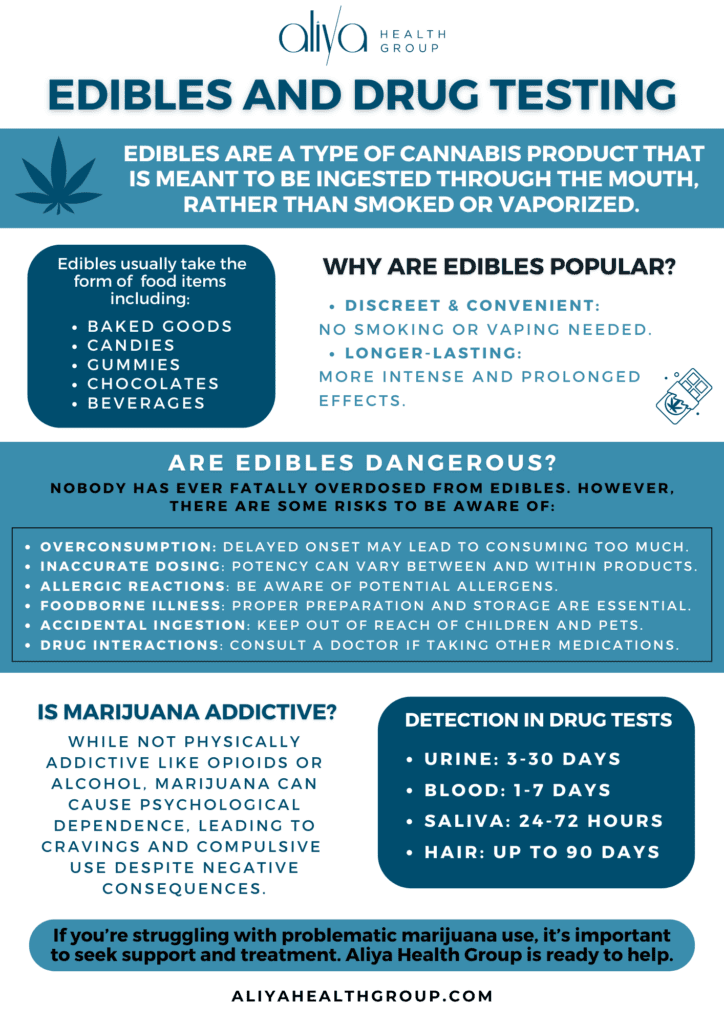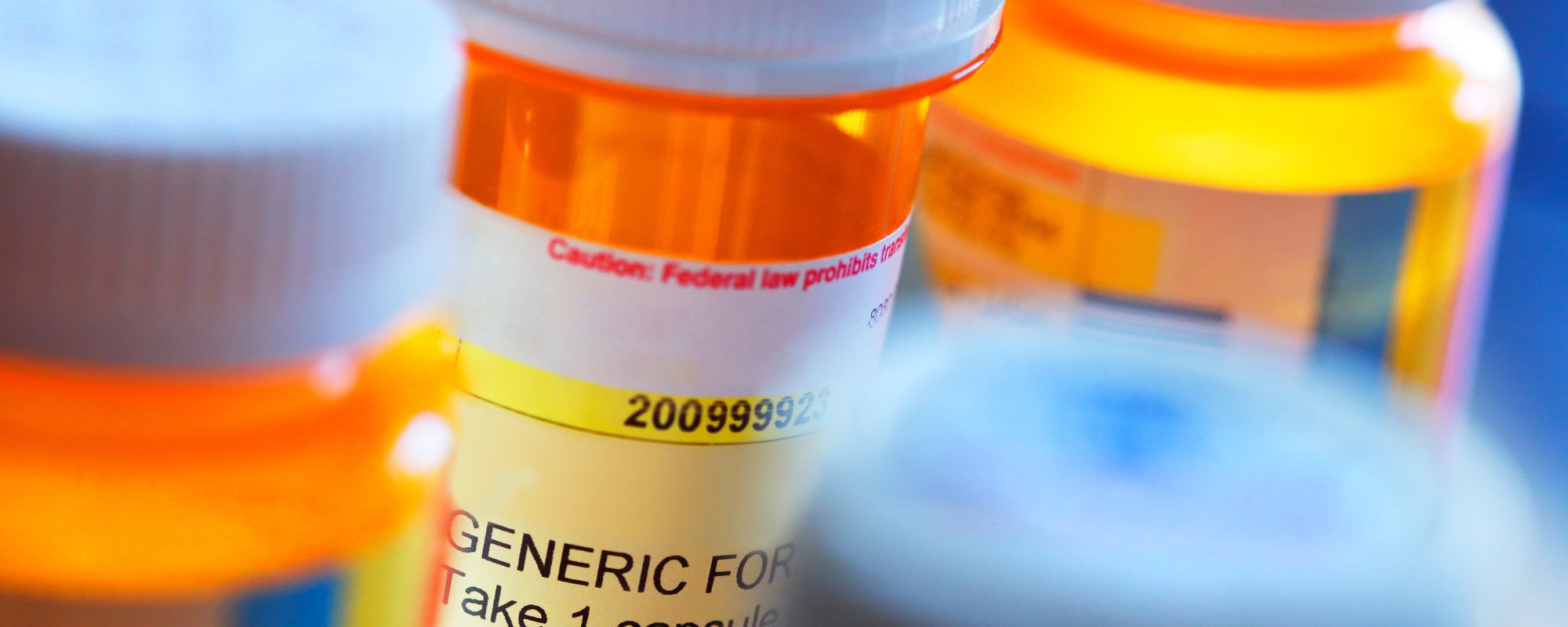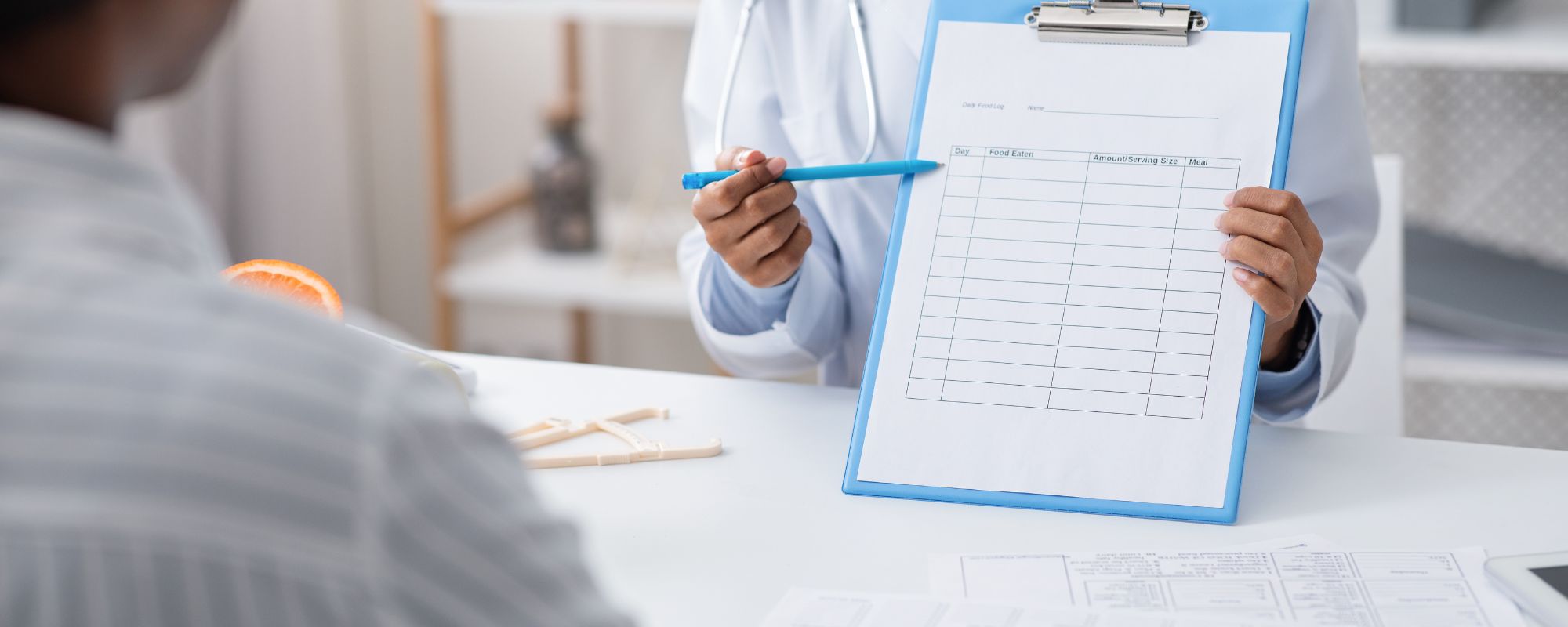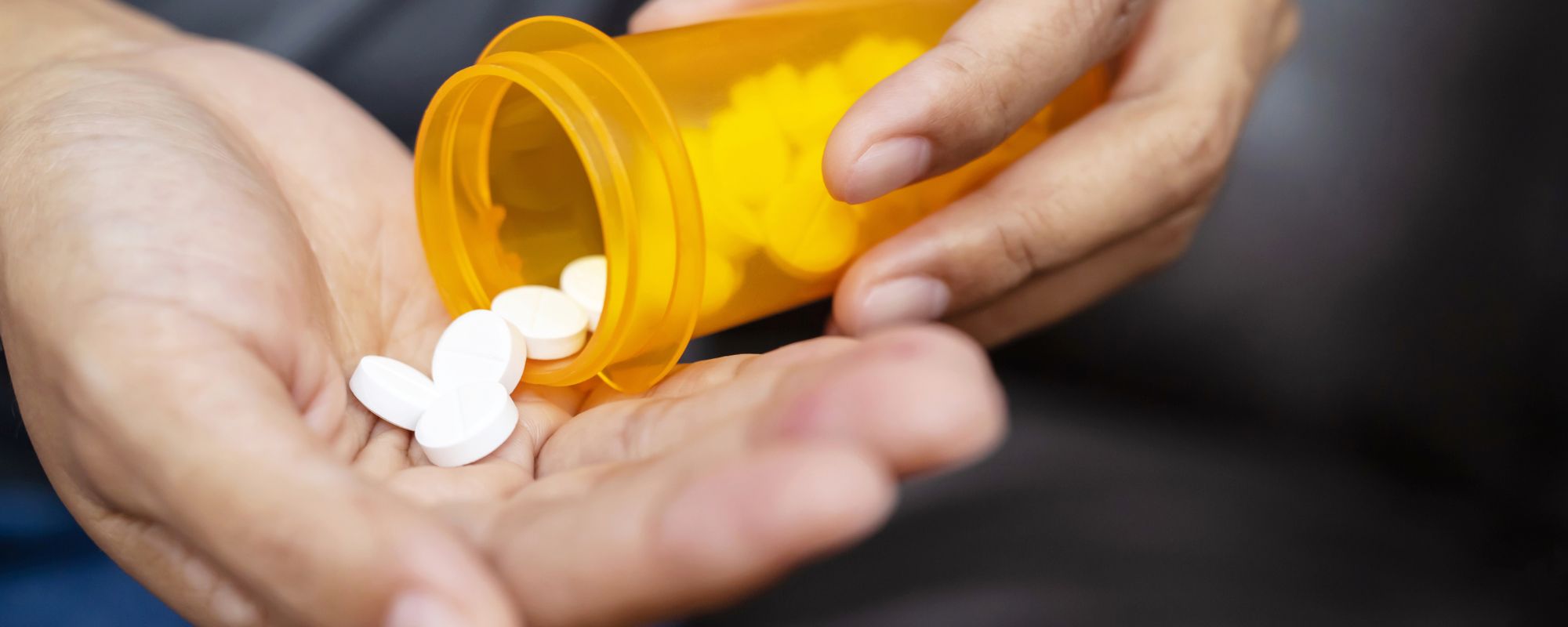In recent years, the landscape surrounding marijuana, cannabis, or as it’s commonly referred to, weed, has shifted. With changing attitudes toward purposes, a variety of consumption methods have shown up, including the ever-popular edibles.
But with this newfound popularity comes questions, particularly regarding drug testing. Do edibles show up in drug tests? How long do they stay in your system? Are they addictive? Let’s delve into these questions.
What Are Edibles?
First, it’s worth noting that marijuana, or cannabis, goes by various names depending on cultural and regional factors. Common synonyms include:
- Weed
- Pot
- Herb
- Ganja
- Mary Jane
- Grass
- Bud
Put simply, marijuana edibles are food products infused with cannabis extracts, typically containing THC (tetrahydrocannabinol). This is the compound responsible for the “high” sensation associated with marijuana use.
THC edibles come in various forms, ranging from baked goods like brownies and cookies to candies, chocolates, edible gummies, beverages, and even savory snacks. The process of making edibles involves infusing the chosen food item with cannabis extracts, often in the form of cannabis butter or oil. This infusion allows the THC and other cannabinoids to bind with the fats in the food, to distribution evenly throughout it.
One of the reasons why edibles are particularly popular is their discreet nature. Unlike smoking or vaping, which can produce noticeable odors and require specific equipment, edibles resemble ordinary food items. This makes them less obvious and more convenient to enjoy in various settings.
Of course, just like any other ingestion method, eating marijuana edibles can and probably will trigger a drug test.
Increased Acceptance of Marijuana
Changing attitudes toward marijuana have changed for both recreational and medicinal uses. The therapeutic benefits of pot have led to its legalization for medical purposes in numerous states and countries. This change in perception has paved the way for the development and regulation of a wide range of cannabis-infused products. With growing market demand and increased accessibility, marijuana edibles have become the go-to for many people.
Get confidential help from our addiction and mental health treatment facilities located across the United States. Call to join one of our quality programs today!
Speak With Our Admissions TeamAre Edibles Dangerous?
One of the primary concerns people have about edibles is the possibility of overdosing. While it’s true that consuming too much THC can lead to discomfort and unpleasant effects, fatal overdose from marijuana alone is rare. Unlike certain other substances, such as opioids or alcohol, weed doesn’t suppress vital bodily functions like breathing to the point of causing death.
However, it’s important to recognize that consuming extremely high doses of THC, particularly in the form of edibles, can lead to intense psychoactive effects that may be overwhelming and uncomfortable. These effects can include extreme anxiety, paranoia, rapid heart rate, hallucinations, and even temporary psychosis in some cases. While not life-threatening, such experiences can be distressing and may require medical attention to manage symptoms and ensure well-being.
What to Avoid While High on Edibles
Due to the delayed onset and lasting effects, avoiding certain activities is recommended. Some things that could pose risks to yourself and others include:
- Driving a Car: Operating a vehicle under the influence of marijuana edibles can impair judgment, coordination, and reaction time. This increases the risk of accidents on the road. You should wait until the effects of the edible have fully subsided before getting behind the wheel.
- Operating Heavy Machinery: Similarly, operating heavy machinery or engaging in tasks that require concentration and coordination should be avoided while under the influence of edibles. Impaired thinking can increase the likelihood of accidents and injuries in industrial or workplace settings.
- Making Important Decisions: Avoid making big decisions or commitments while under the influence of edibles. Impaired judgment and altered perception may affect your ability to assess situations accurately and make sound choices.
- Going to Work or School: Depending on the potency and duration of the edible’s effects, it may be advisable to refrain from attending work or school. Attempting to function in a professional or educational setting while under the influence can impair productivity, performance, and interpersonal interactions.
- Mixing with Other Substances: Combining edibles with alcohol or other drugs can increase the effects of both as well as the risk of bad reactions or overdose. It’s essential to use caution and moderation when consuming edibles and avoid mixing them with other substances.
How Long Do Edibles Last?
Many people wonder how long edibles stay in your system and will an edible show up in drug test results. Several factors can influence how long edibles stay in your system, including:
- Dosage: Higher doses of THC in edibles may result in longer-lasting effects and a more extended detection window in drug tests.
- Frequency of Use: Chronic or heavy use of edibles can lead to the accumulation of THC metabolites in fat cells, prolonging the detection window in drug tests.
- Individual Metabolism: Metabolic rate, body weight, and overall health can affect how quickly your body processes and eliminates THC from your system.
- Product Potency: The potency of the edible product, measured in milligrams of THC per serving, can influence both the intensity and duration of effects.
- Type of THC: Whether the edible contains delta-8 or delta-9 can also impact the length of time it stays in your system.
- Detection in Drug Tests: How long do edibles show up in drug tests? On average, THC metabolites can be detected in urine for up to 1-7 days after consumption. Occasional edible users typically clear THC from their system more quickly than frequent or heavy users. If you take an edible, there’s a good chance a drug test will detect cannabis. Almost any recreational amount of THC can trigger a positive test. This includes hair follicle tests and urine tests.
Some people who use marijuana daily or close to that may find it takes up to a month or longer to remove all of the drugs from their system.

Looking for quality treatment for substance abuse and mental health that’s also affordable? Aliya Health Group's treatment facilities accept most major insurance providers. Get a free insurance benefits check now!
Check Your CoverageIs Marijuana Addictive?
While weed is not considered physically addictive in the same way as substances like opioids or alcohol, it is possible to develop a psychological dependence on it. This means that some individuals may experience cravings and a compulsive desire to use marijuana despite negative consequences in various areas of life.
The addictive potential of marijuana is thought to be influenced by several factors, including:
- Neurobiology: THC acts on the brain’s reward system, triggering the release of dopamine, increasing pleasure and reinforcement. Over time, repeated exposure to THC can lead to changes in the brain’s reward circuitry, potentially contributing to addictive behaviors.
- Genetics: Genetic factors may play a role in predisposing certain individuals to develop problematic marijuana use patterns. Variations in genes related to the brain’s reward system and cannabinoid receptors may influence the possibility of addiction.
- Environmental and Psychological Factors: Stress, trauma, peer influence, and availability of marijuana can also contribute to the development of addictive behaviors. Additionally, individuals with co-occurring mental health disorders, such as depression or anxiety, may be at greater risk of developing problematic marijuana use.
If you’re struggling with problematic pot use, it’s important to seek support and treatment. Behavioral therapies, support groups, and counseling can help you develop coping strategies, find underlying issues contributing to addiction, and build a supportive network of peers.
Drug Addiction Treatment at Aliya Health Group
If you or someone you know is struggling with the symptoms of weed withdrawal, Aliya Health Group is ready to help.
There are various treatment options available, including:
- Partial-care programs
- Inpatient / residential treatment programs
- Outpatient programs
- Aftercare programs
Throughout the drug addiction treatment, you’ll work with a dedicated group of counselors, medical professionals, and other recovery specialists who can help you stop eating edibles. This team is trained to evaluate your symptoms and guide you toward a program that’ll help you refrain from using weed in the future. If you smoke cannabis, it can remain in your system for quite some time. While a THC gummy or any cannabis product may seem safe, you very well may fail a drug test. Programs like dual diagnosis treatment, outpatient treatment, dialectical behavior therapy, medical detox, medication-assisted treatment, individual therapy, group therapy, expressive arts therapy, sober living, and more can help those who are ready to recover. Don’t smoke weed anymore with help from a recovery center.
Contact us today to learn more about our drug counseling programs and how we can help. A treatment center with treatment programs for cannabis edibles can help you. Our rehab centers for drug and alcohol abuse have unique levels of care and behavioral health programs to help. Call today and verify insurance information which can cover the cost of rehab. Stop your edibles consumption and start your recovery today!

















